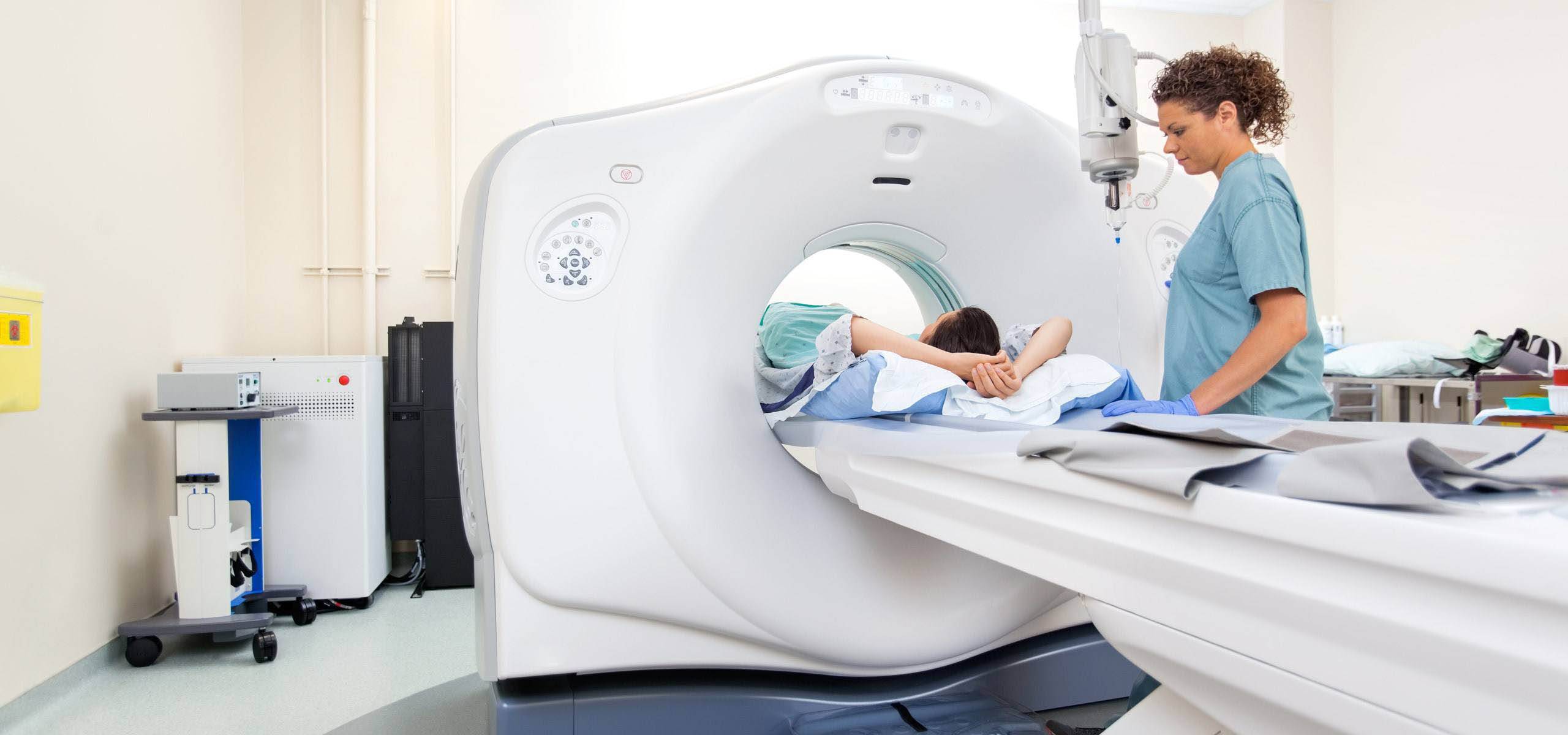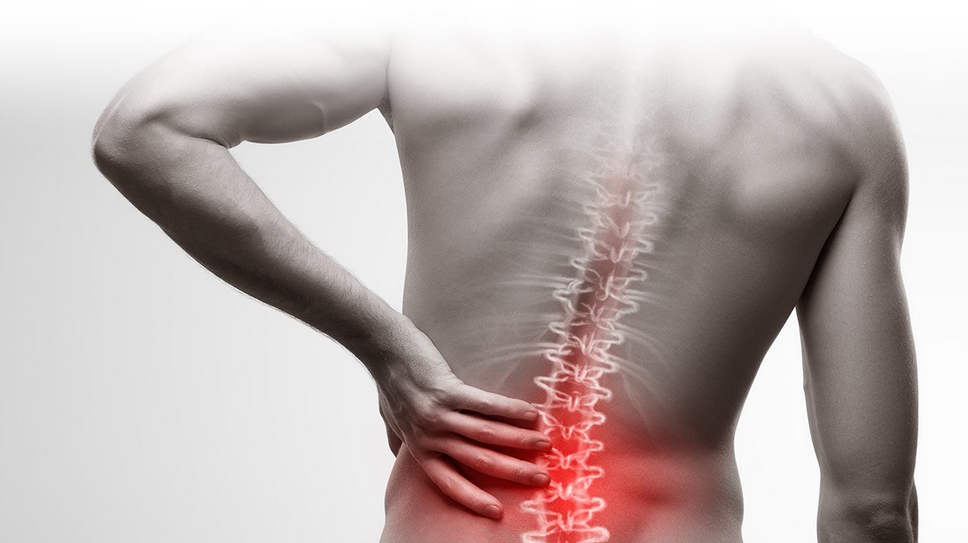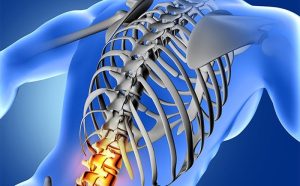Introduction
Low back pain is the commonest cause of musculoskeletal pain world-wide and almost every human being would have experienced back pain at least once in their life time. However, most of the acute back pain episodes resolve in weeks’ time but in some patients back pain persist beyond 3 months and even recurs quite frequently, which is known as “Chronic Low back pain (CLBP)”.
Now, this is where problem arises. Patients have to undergo multiple tests including imaging like MRI or CT scan. Some patients also do periodical MRI scans which are costly. Now, the question- Is MRI scan a necessity in back pain? How much information does it provide in diagnosis as well as decision making while formulating a treatment plan? Let’s try to clear some doubts in subsequent paragraphs.

Causes of Low Back Pain
Human spine is made of spine bones (called as vertebrae) and a gelatinous sponge-like shock-absorbing structure called as “intervertebral disc or disc” which lies between each bone. It takes all the load, provide cushion to vertebrae and helps in smooth movement of spine. The spine bone also forms small joints in the back of spine known as “facet joints” which is surrounded with ligaments, and muscles in the back.

Common and uncommon causes are summarized below from most common to least common causes:
- Disc herniation or Slip disc
- Nerve compression
- Facet joint arthritis
- Sacroiliac joint arthritis or dysfunction
- Muscle pain or myofascial pain
- Ligament sprain
- Ankylosing spondylitis or Inflammatory back pain
- Spondylolisthesis (Slippage of one vertebra over other)
- Spinal canal stenosis
- Trauma/fracture vertebra
- Osteoporosis
- Fibromyalgia
- Spinal infection
- Kidney stone
- Uterine cause like endometriosis
- Tumor or cancer of spine
Manifestation of Spinal Pain or Back Pain
Low back pain can manifest in 2-3 different ways depending on cause or pathology. It can only manifest as back pain or back pain which radiates to thigh, leg and toes in a radicular manner. When it comes to ordering MRI scan, a lot depends on age, severity of symptoms, constitutional symptoms, history of trauma or injury, response to initial treatment and other “red flags”.
MRI scan helps in detailed imaging of the spine and gives information on slip disc, its extent, severity, compression of spinal cord or nerves, and details of spinal cord or nerve condition which is not provided by either X-ray spine and even CT scan. So, when we suspect disc or nerve related symptom, then we order MRI if there is no response to initial treatment in first 4-6 weeks.
However, MRI scan can be normal in many forms of back pain like muscle or ligament related pain. Even in many patients where pain is from facet or sacroiliac joints, the MRI scan can be normal. So, a thorough history, physical examination, initial response to treatment mandates need for MRI scan. MRI scan provides lot of information and is also free of radiation exposure which is in contrast to CT or X-ray.
At Neuron Pain & Spine Clinic, which is a dedicated center for spinal pain as well as other chronic pain conditions (Joint pain, arthritis, neuropathy, cancer pain and headache disorders), we believe in spending time, listening to patients’ complaints, meticulous examination and then arriving at a proper diagnosis. The treatment is tailor-made as every patient and their presentation is different. Majority of back pain can be treated effectively without surgery.

